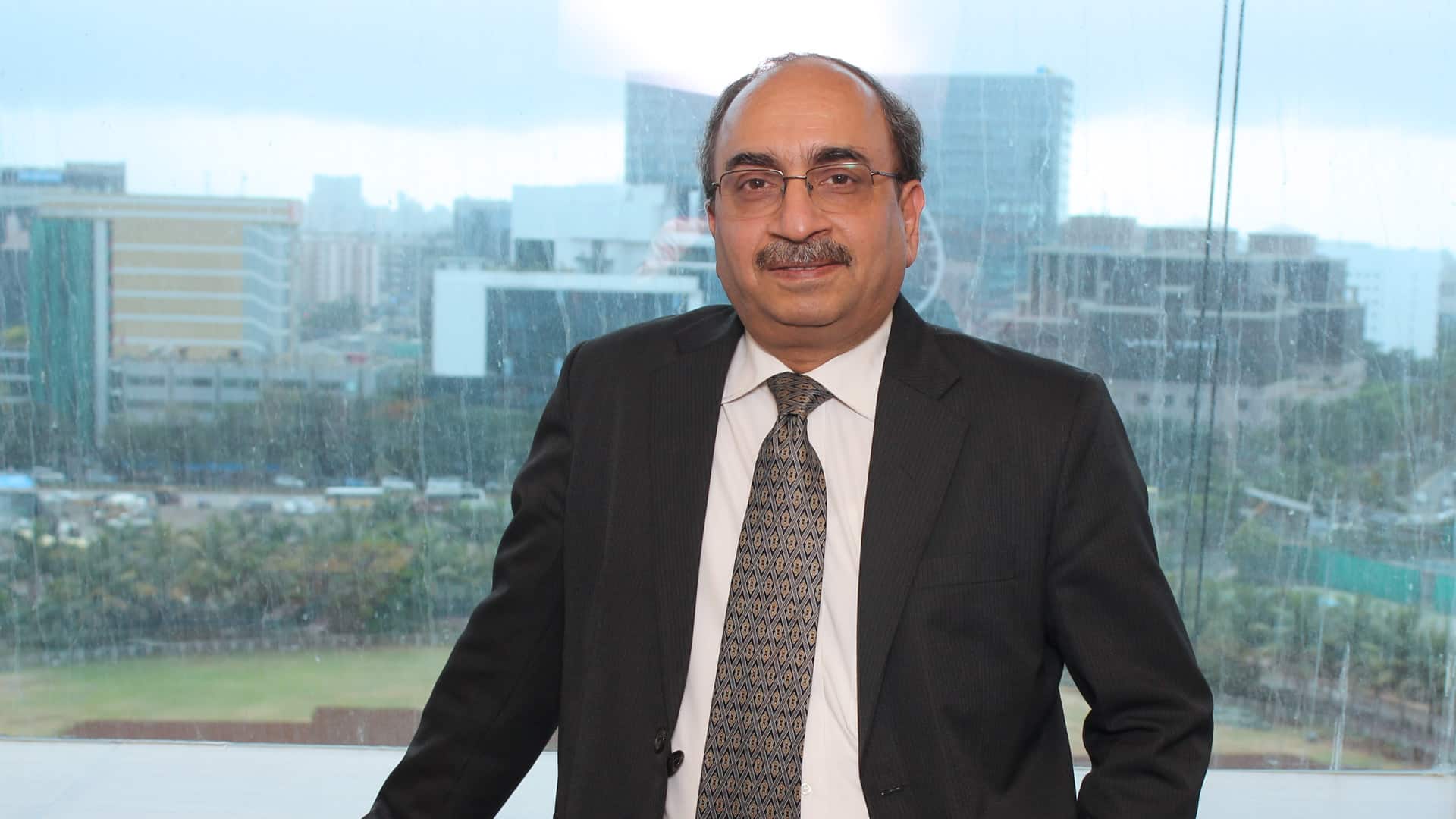Trade
SBI sees huge complementarity in India-UK free trade agreement regime
The State Bank of India (SBI) in the UK sees huge complementarity in the new Free Trade Agreement (FTA) regime and wants to help achieve aspirations on both sides, SBI Chairman Dinesh Kumar Khara said in London on Thursday.
Addressing a conclave organised with the Federation of Indian Chambers of Commerce and Industry (FICCI) to celebrate the largest Indian bank’s centenary in the UK, the chairman described SBI UK as the best performing overseas subsidiary. He flagged that the future goal for the bank, which has had a presence in the UK since 1921, would be to expand beyond the strong Indian diaspora connect and reach out to the wider population in the UK.
Also read: Amazon’s Indian exporter base rises to cross 1 lakh-mark
“The way we have scaled up in the UK is a matter of pride for us,” said Khara. “When we started out, we were seen as the foreign operations of an Indian bank. Today, we are seen as a foreign bank from India our model in the UK is doing very well. It is our best performing overseas subsidiary,” he said.
Reflecting on the ongoing FTA negotiations between India and the UK, which entered its second phase with the Chief Negotiators from both sides in London this week, the banking chief said he expects SBI UK to play an active role in that sphere. “These are two mature democracies coming together, with many common themes being pursued including fintech and green financing. We see huge complementarity in the new FTA regime, which will be beneficial to both India and UK. And, SBI UK is here to help achieve those aspirations,” said Khara.
“While we will continue to serve the NRIs (non-resident Indians), we do not want to be restricted to that as we expand our services to the wider population and assist the trade related relationship of citizens of any country,” he added. The SBI-FICCI conclave, entitled India-UK@2030′ with reference to the Roadmap 2030 agreed between the two countries to double bilateral trade by 2030, brought together representatives from across different sectors to explore industry expectations and hopes from the ongoing FTA negotiations.
“The UK having got itself out of the European Union (EU) has an opportunity to negotiate a free trade agreement with India in a way that it probably could not whilst it was a member of the EU. We must utilise that opportunity, said Alex Ellis, British High Commissioner to India. “We have already achieved some significant trade liberalisation in both countries, even in roughly a year that we have been doing the preparations. So, the process actually matters It’s quite hard, given two very differently shaped economies and deals mean dealing with disappointments.
“But the question is whether the macro framework which surrounds the negotiators is conducive to a deal I would say it is, and there is also a high ambition in terms of the timetable set for the end of this year, he said. The High Commissioner at the centre of the negotiations also referred to the FTA as a means of moving away from the bad history of colonialism to a new forward looking footing for the next 75 years in India’s 75th year of independence.
Richard Heald, Chair of the UK India Business Council (UKIBC), highlighted strong business support for an early harvest or interim agreement as sending out “significant and positive signals that things can be achieved and momentum can be built”. “I believe there is a lot of commonality in terms of what the UK business is asking of the UK side and Indian business is asking of the Indian side. It is all about ease of doing business, all about standardisation and harmonisation, mutual recognition of standards, said Heald.
“It’s focussing less on the tariffs of whisky and more on the nitty-gritty of actually doing business going forward, he said, adding that the chemistry between the ministries on both sides and their Chief negotiators is extremely good . “It won’t be plain sailing in every way; there will be issues to be resolved over time. But in order to resolve them, you have got to have that dialogue, respect and constructiveness between the two teams, he noted.
Technology, green finance, electric vehicles, healthcare, pharmaceuticals and life sciences were among the sectors highlighted as holding out great potential within the India-UK corridor.
“The education sector is another key area where there is enormous potential to develop bilateral collaboration in multisectoral research and knowledge-sharing between industry and academia and to develop new capabilities within universities. The Education Policy announced last year by the government of India should make it easier, said Baroness Usha Prashar, chair of the FICCI UK Council.










































Pingback: Exide collaborates with Chinese firm for lithium-ion cell manufacturing in India